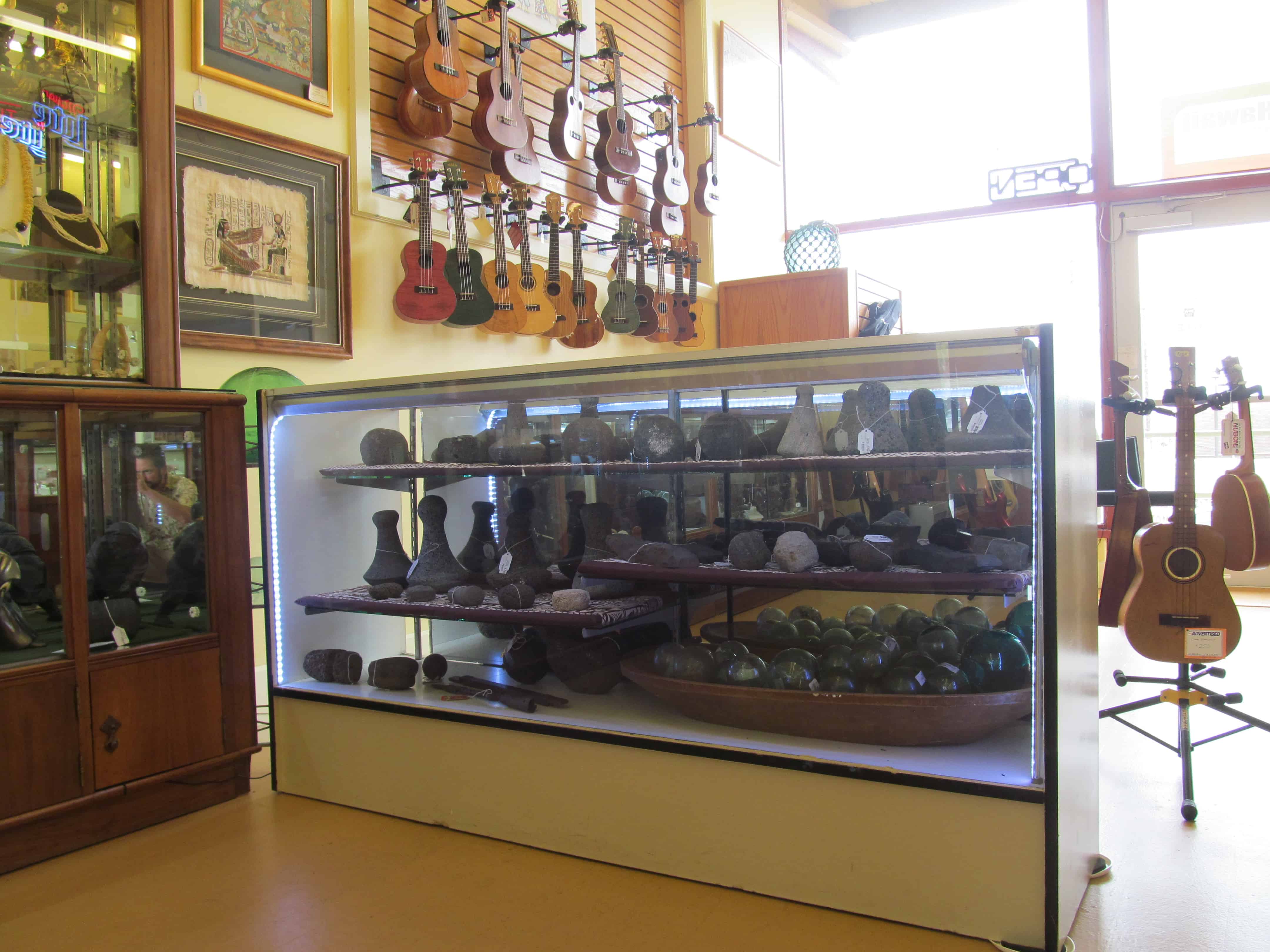Crooked lawyers? Say it ain’t so!
The post below is copied from my other blog, Restating the Obvious Maui, at The Maui News. For Kamaaina Loan blog, the key point to add, if you are a borrower, is that pawn loans are “non-recourse loas, which means that if you do not repay, the pawnbroker can keep your collateral, but he cannot go after any of your other goods or income. He cannot ask the courts to make you pay.
And he does not report your default to a credit reporting agency. Something to think about if you have ever had trouble repaying a loan in the past.
* * *
The NY Times has a story about the New York attorney general going after corrupt practices of buyers of bad consumer debt. If you have consumer debt, it’s worth your time (and one of your 10 monthly Times looks if you are not a subscriber) to read.
When I say “going after,” I mean candy-assed sweetheart settlements, amounting to mere hundreds of thousands in frauds that appear to total billions. And no hint of sanctions against the lawyers involved for their culpability in perpetrating frauds upon the courts.
Eric Schneiderman is no Eliot Spitzer.
But unlike mortgage foreclosure lawsuits, consumer debt collection cases often play out far from public view, consumer lawyers say, because borrowers seldom show up in court to contest the suits.
As a result, an estimated 95 percent of debt collection lawsuits result in default judgments against borrowers, an automatic victory for the debt buyers that enables them to garnishee consumers’ wages or freeze bank accounts.
That’s half true. I’ve never seen a debtor show up at Circuit Court to contest a credit card collection action. There are typically 3 to 6 in a morning session. (These are usually suits by the lender not by a buyer of bad debt.)
But I’ve seldom seen anybody show up to contest a real estate foreclosure action either, at least in the years since the Crash of ’08.
In either case, very often the borrower has left Maui long before the lender goes to court.
(Style points to the Times copy editor for getting the correct verb — to garnishee, not to garnish.)
#mauiloan #mauipawn #mauiborrow #borrow









